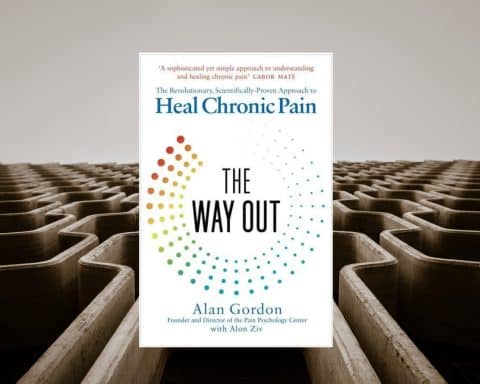 Gemma Ashwell is a GP at Bevan Healthcare in Bradford and a Clinical Teaching Fellow at The University of Leeds
Gemma Ashwell is a GP at Bevan Healthcare in Bradford and a Clinical Teaching Fellow at The University of Leeds
[wp_time_to_read]
The government has highlighted patients most at risk in the COVID-19 pandemic due to their physical health problems. In primary care we will also be aware of patients who are particularly vulnerable due to social circumstances. At our practice we provide primary care services to marginalised patient groups, including refugees, asylum seekers and people experiencing homelessness. Reluctantly, we have had to stop the dedicated evening clinics for women involved in prostitution, but there are other measures that can be put into place to try to ensure the health and safety of this particularly vulnerable group during the pandemic.
We know that women involved in prostitution can face multiple barriers to accessing health services. At this time of altered provision, it is more important than ever to try to facilitate access to health care for socially excluded patients. We have contacted all our patients, local third sector organisations and support workers to update them on appointment changes and the move to telephone and video triaging. This method of consulting will be problematic for patients without access to phones and so we have used contingency funding to purchase and provide a number of basic mobile phones to enable us to keep in contact and consult remotely with vulnerable patients.
We have used contingency funding to purchase and provide a number of basic mobile phones.
To ensure that we can help adddress the needs of the most vulnerable patients, we have created a list of those who are socially excluded and are contacting them regularly to check on their wellbeing, offer advice and support. We have also invited support workers to highlight patients they feel are at risk and would benefit from this extra input. We are utilising the whole MDT in these proactive reviews, GPs and nurses as well as our social prescriber. We have contacted our local medical school and arranged for volunteer medical students to also help with this. For the patients we are most concerned about due to chaotic social circumstances or other vulnerabilities, we are arranging targeted outreach.






